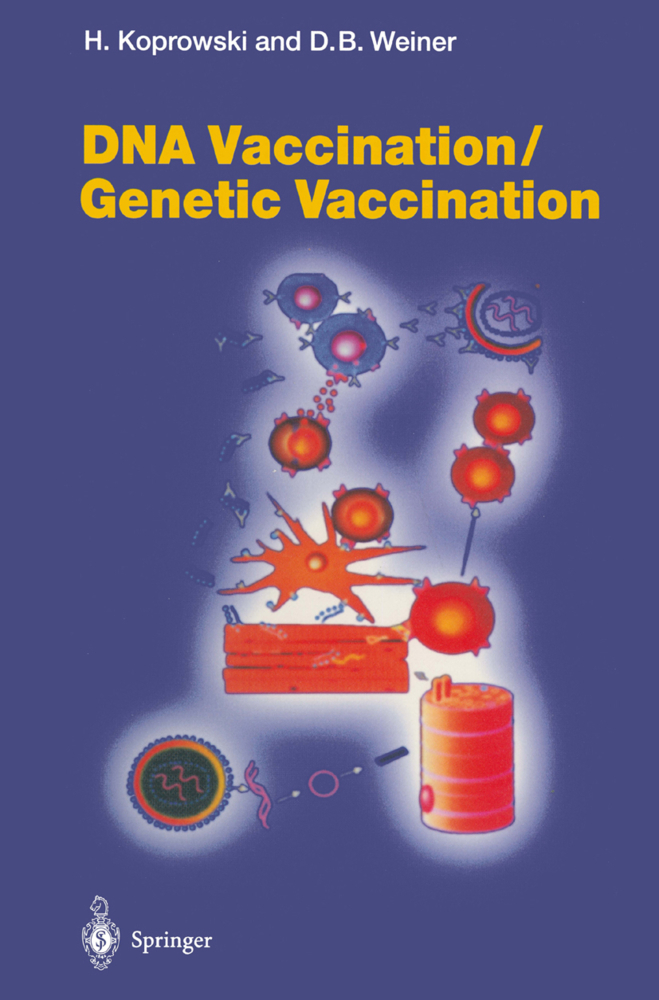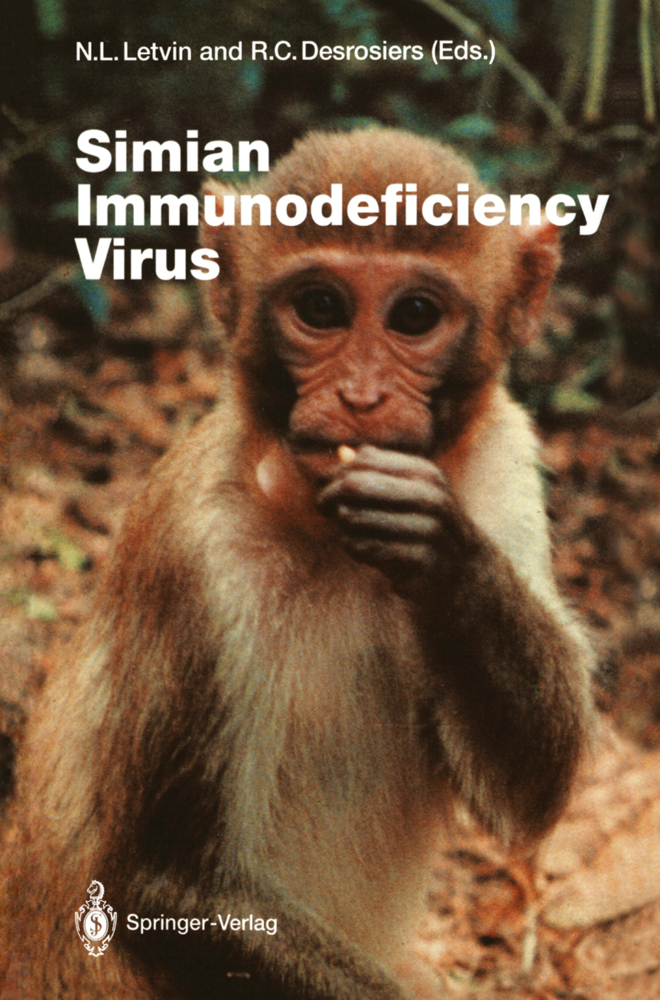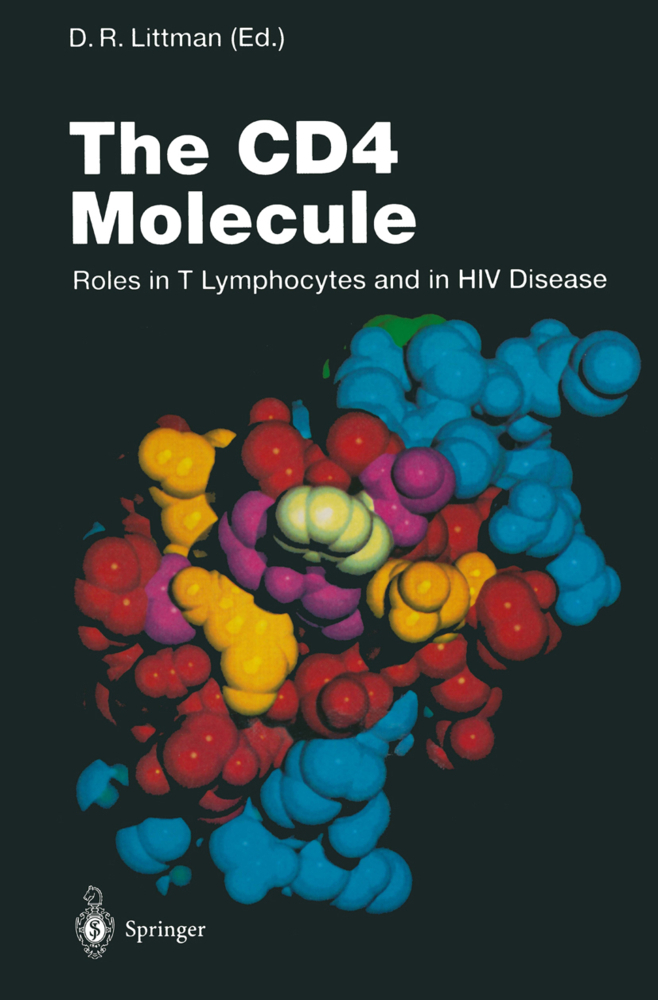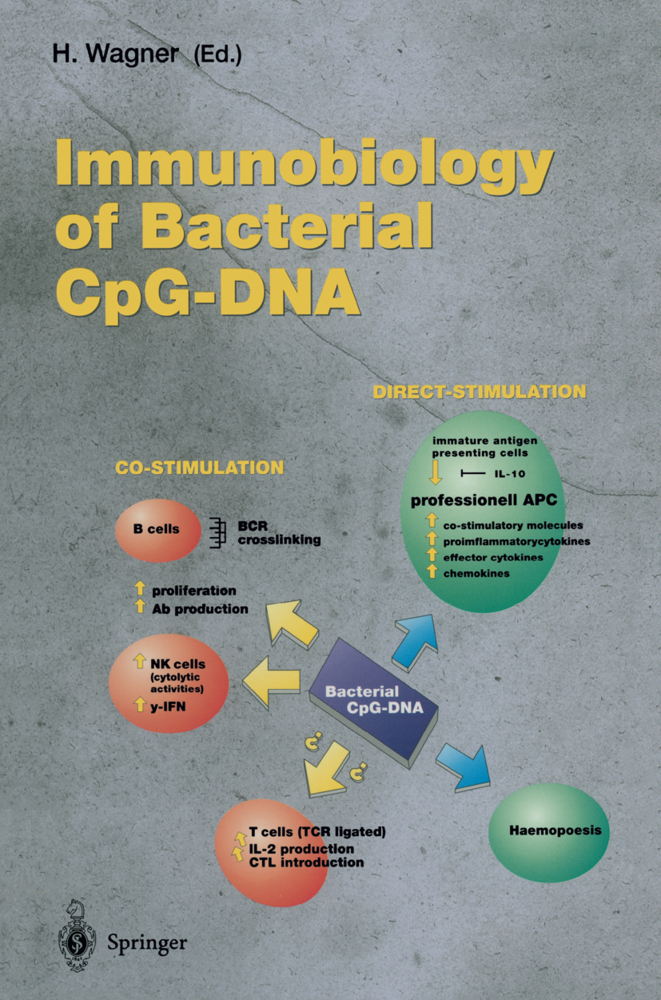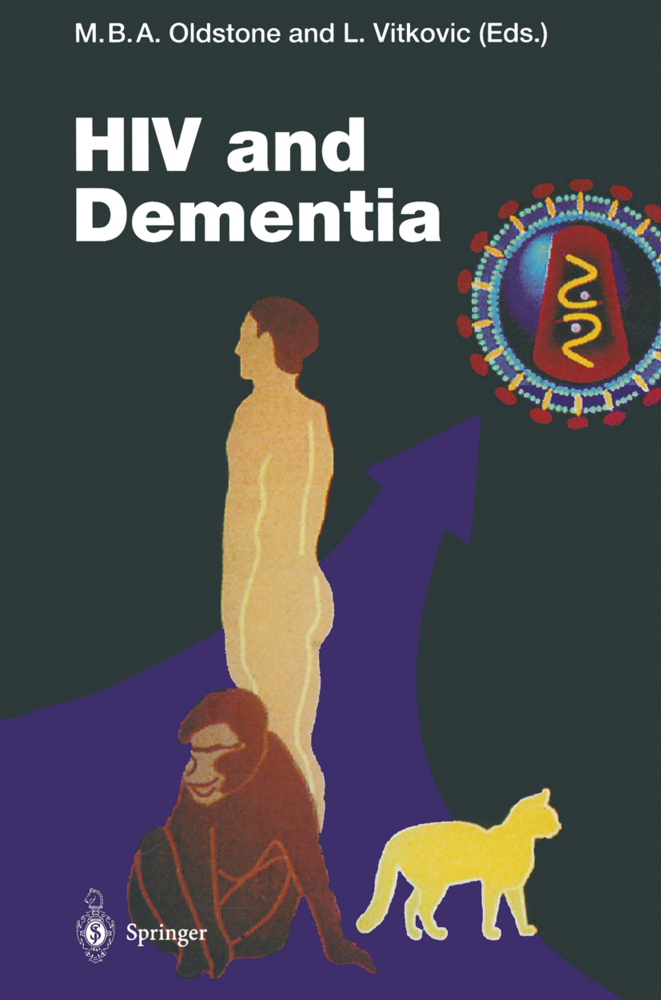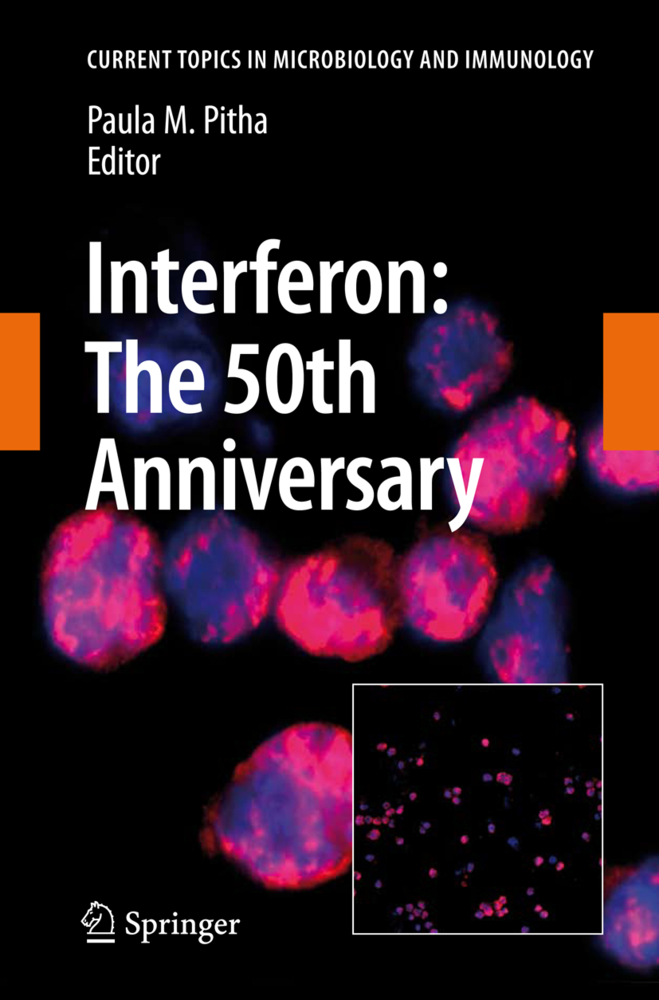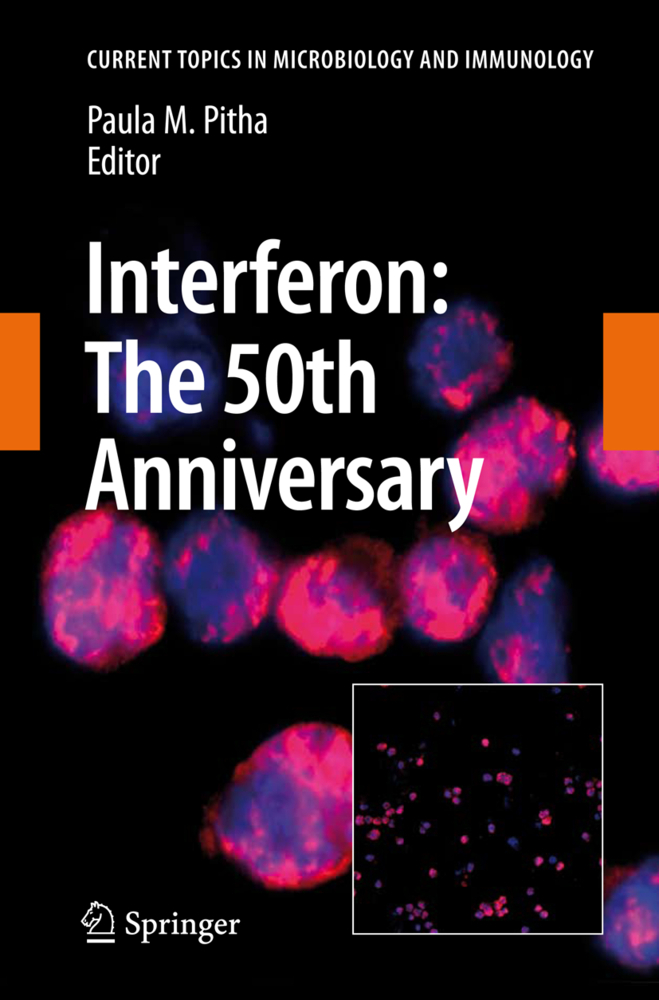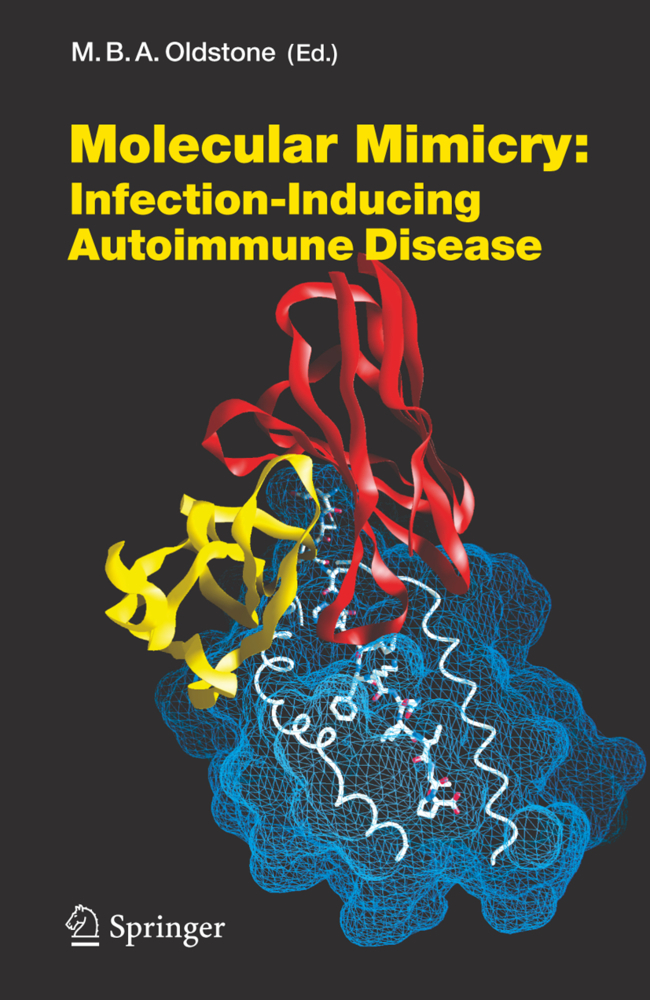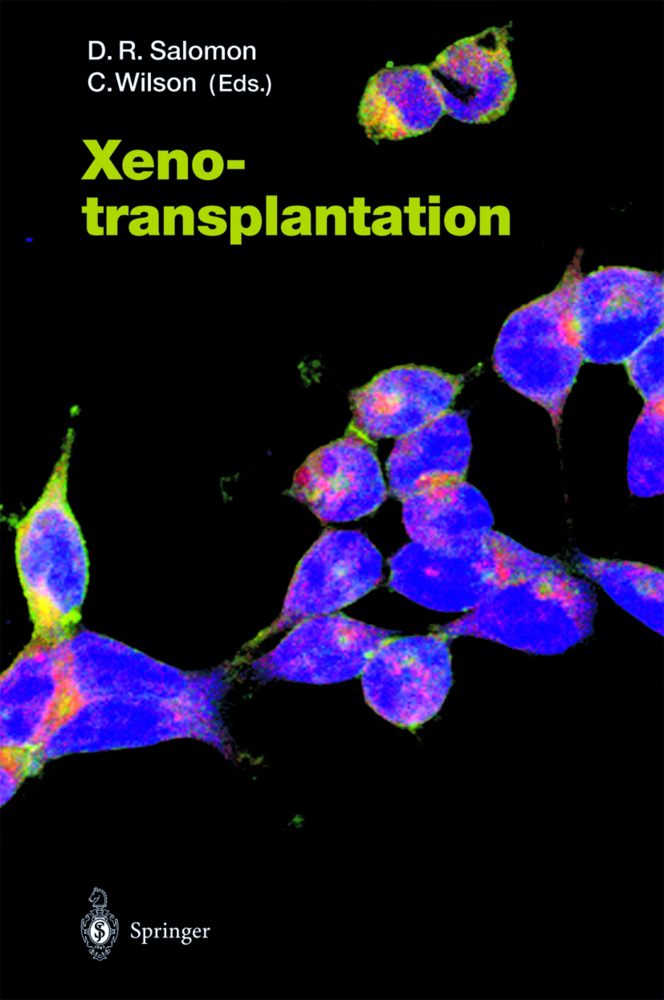DNA Vaccination/Genetic Vaccination
DNA Vaccination/Genetic Vaccination
Genetic / DNA immunization represents a novel approach to vaccine and immune therapeutic development. The direct injec tion of nucleic acid expression cassettes into a living host results in a limited number of its cells becoming factories for production of the introduced gene products. This host-inappropriate gene expression has important immunological consequences, resulting in the specific immune activation of the host against the gene delivered antigen. The recent demonstration by a number of laboratories that the induced immune responses are functional in experimental models against both specific infectious diseases and cancers is likely to have dramatic consequences for the develop ment of a new generation of experimental vaccines and immune therapies. This technology has the potential to enable the pro duction of vaccines and immune-based therapies that are not only effective immunologically but are accessible to the entire world (rather than just to the most developed nations). Vaccine Development Vaccination against pathogenic microorganisms represents one of the most important advances in the history of medicine. Vaccines, including those against polio, measles, mumps, rubella, hepatitis A, hepatitis B, pertussis and other diseases, have dramatically improved and protected more human lives than any other avenue of modern medicine. The vaccine against smallpox, for example, has been so successful that it is now widely believed that this malicious killer, responsible for more deaths in the twentieth century than World Wars I and II combined, has been removed from the face of the earth.
Vaccination Against Pathogenic Cells by DNA Inoculation
DNA Vaccination as an Approach to Malaria Control: Current Status and Strategies
DNA-Based Immunization Against Hepatitis B: Experience with Animal Models
DNA Vaccines and Immunity to Herpes Simplex Virus
Humoral and Cellular Immune Responses to Herpes Simplex Virus-2 Glycoprotein D Generated by Facilitated DNA Immunization of Mice
Nucleic Acid Vaccines: Veterinary Applications
Nucleic Acid-Based Vaccines as an Approach to Immunization Against Human Immunodeficiency Virus Type-1
Human Immunodeficiency Virus Immunotherapy Using a Retroviral Vector
Developing DNA Vaccines Against Immunodeficiency Viruses
DNA Plasmid Based Vaccination Against the Oncogenic Human T Cell Leukemia Virus Type 1.
List of Contents
DNA Vaccine Strategies for the Treatment of CancerVaccination Against Pathogenic Cells by DNA Inoculation
DNA Vaccination as an Approach to Malaria Control: Current Status and Strategies
DNA-Based Immunization Against Hepatitis B: Experience with Animal Models
DNA Vaccines and Immunity to Herpes Simplex Virus
Humoral and Cellular Immune Responses to Herpes Simplex Virus-2 Glycoprotein D Generated by Facilitated DNA Immunization of Mice
Nucleic Acid Vaccines: Veterinary Applications
Nucleic Acid-Based Vaccines as an Approach to Immunization Against Human Immunodeficiency Virus Type-1
Human Immunodeficiency Virus Immunotherapy Using a Retroviral Vector
Developing DNA Vaccines Against Immunodeficiency Viruses
DNA Plasmid Based Vaccination Against the Oncogenic Human T Cell Leukemia Virus Type 1.
Koprowski, Hilary
Weiner, David B.
| ISBN | 978-3-642-80477-9 |
|---|---|
| Artikelnummer | 9783642804779 |
| Medientyp | Buch |
| Auflage | Softcover reprint of the original 1st ed. 1998 |
| Copyrightjahr | 2011 |
| Verlag | Springer, Berlin |
| Umfang | XVIII, 198 Seiten |
| Abbildungen | XVIII, 198 p. 17 illus., 2 illus. in color. |
| Sprache | Englisch |

